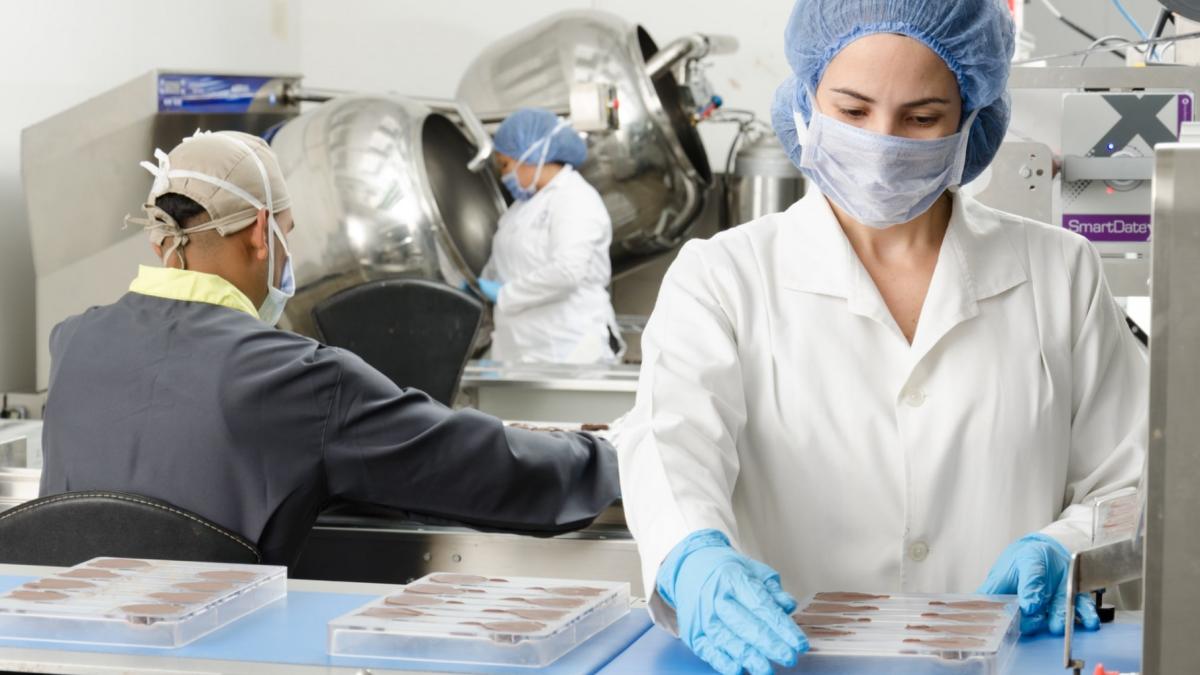
Digitising the food industry for a post-COVID world
In today’s post-pandemic landscape, the food manufacturing industry is facing a host of new challenges. COVID-19 disrupted supply chains around the world and consumer demand patterns changed rapidly. Over $6.5 billion in customer spending for food and beverages in the United States shifted to retail during the pandemic. In the first two months of the lockdown, an estimated 14 million litres of milk were wasted each day. Productivity gains in manufacturing have fallen from 4.3% in 2000-2007, to just 0.7% in 2007-2018. Consumer demands are rising, and there are stricter regulations focused on food safety, health and environmental sustainability. This is the new normal for the industry, but how can businesses adapt?
To address these new challenges, digital transformation is more important than ever for operators to build agility and resiliency, and to remain competitive in today’s market. Industrial digitalisation is changing the way manufacturers operate, and can pave the way for improved efficiency, greater flexibility, and reduced costs.
Harnessing data to optimise operations
Whilst large amounts of data are collected in plants, less than 10% of it is being utilised. Harnessing this data can optimise operations and bring greater flexibility in supply chains. With digital twin technology, a 360-degree virtual representation of all your assets and systems is mapped to run simulations, diagnostics and predictive analytics, and digitally connect your workers. This forms a layer of operational intelligence that can optimise production processes and support continuous improvement. Operators can remotely monitor machines, improve efficiency, minimise waste and adapt quickly to changing demand and supply shortages. By implementing these digital approaches, our clients report an average of 25% increase in efficiency and flexibility, and optimised maintenance costs by 25-40%.
End-to-End Traceability
Today, consumers are demanding more transparency on food sources, and are looking to purchase products that are produced in a sustainable and ethical manner. Regulations are stricter and food recalls can cost businesses over 10 million dollars. With increasingly complex supply chains, product traceability is more important than ever. Digital transformation allows manufacturers to collect data and track every stage of the supply chain, from raw materials to point of sale. Manufacturers can track the ingredients that make up a product, the source of these ingredients, and the workforce and machines that produced it. This end-to-end traceability enables manufacturers to build a high level of food safety, quality control, compliance and consumer trust.
Companies that are either starting or accelerating their digital transformation can download the full report brought to you by Schneider Electric, “How to choose the right use cases to accelerate industrial transformation”.
This is a helpful guide to choosing the digital transformation initiative that best suits your specific needs such has ROI, domain expertise, and other business outcomes, to embark on the path to success.
Kim Yoon Young is the Cluster President at Schneider Electric Singapore, Malaysia, Brunei.






















 Advertise
Advertise









